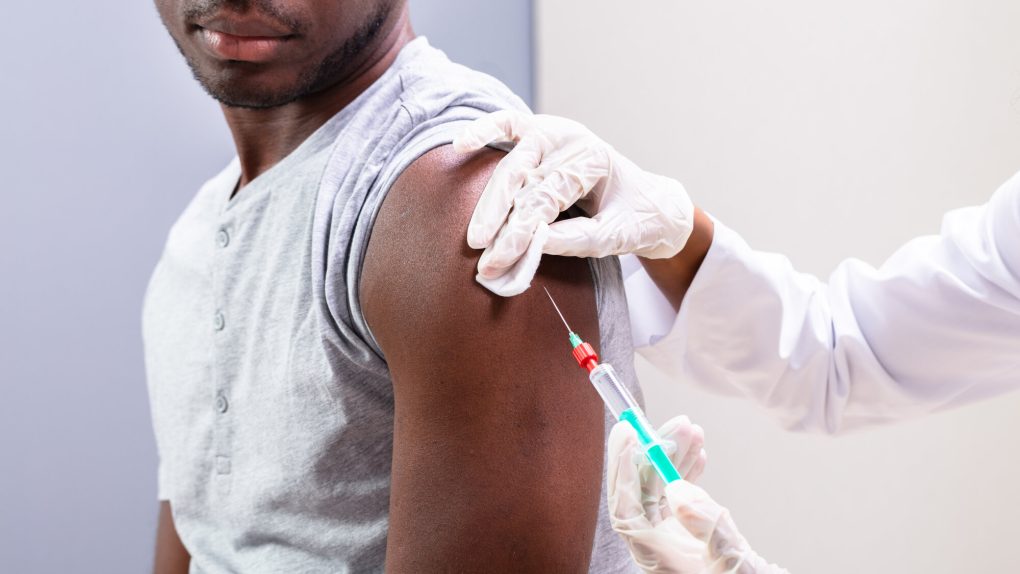- As more contagious COVID variants spread across the US, Pfizer is exploring the utility of a third booster dose.
- Pfizer hopes that a third vaccine dose might “raise the antibody response 10 to 20 fold.”
- Pfizer and Moderna are planning to boost vaccine production and ship 140 million doses to the US over the next 4.5 weeks.
Pfizer’s coronavirus vaccine is 95% effective at preventing a COVID infection, a startling figure that even surprised the company’s team of researchers. Still, with more contagious variants from the UK and South Africa already spreading in the US, Pfizer is currently researching what type of impact a third booster dose would have on the immune system response to COVID. Currently, Pfizer’s vaccine requires the administration of two doses set three weeks apart.
According to Pfizer CEO Albert Bourla, researchers are hoping that a third booster shot could “raise the antibody response 10 to 20 fold.”
NBC News reports:
The new study will monitor the safety and efficacy of a third dose in two age groups: those 18 to 55 and those 65 to 85. The participants come from a group of people who were among the first to receive the Pfizer-BioNTech vaccine: people who volunteered for Pfizer’s initial Phase 1/2 clinical trial, which began in May.
“We want to not only protect during this immediate pandemic but prepare for what we like to call the nasty variant of the future if one shows up,” Pfizer senior VP William Gruber said recently.
It’s also worth noting that Pfizer has been in talks with regulators about the development of a tweaked vaccine tailor-made to combat new COVID-19 variants and in particular the strain from South Africa. The hope is that modified mRNA vaccines would be able to attain fast regulatory approval, similar to how there are new flu vaccines every year based on new strains.
The company said the following via a press release this week:
Separately, in order to be prepared for any potential future strain changes, Pfizer and BioNTech are in ongoing discussions with regulatory authorities, including the U.S. Food and Drug Administration (FDA) and the European Medicines Agency, regarding a registration-enabling clinical study to evaluate a variant-specific vaccine having a modified mRNA sequence.
This study would use a new construct of the Pfizer-BioNTech vaccine based on the B.1.351 lineage, first identified in South Africa. This could position the Companies to update the current vaccine quickly if the need arises to protect against COVID-19 from circulating strains. In alignment with the updated guidance issued by the FDA regarding emergency use of vaccines to prevent COVID-19 which provides recommendations for evaluating a modified vaccine to address variants, the Companies are hoping to pursue the validation of future modified mRNA vaccines with a regulatory pathway similar to what is currently in place for flu vaccines.
Meanwhile, there’s a strong possibility that Johnson & Johnson’s one-dose COVID-19 vaccine will arrive early next month. The J&J vaccine in clinical trials was shown to be 85% effective at preventing severe bouts of COVID and 66% effective when taking into account moderate cases.








